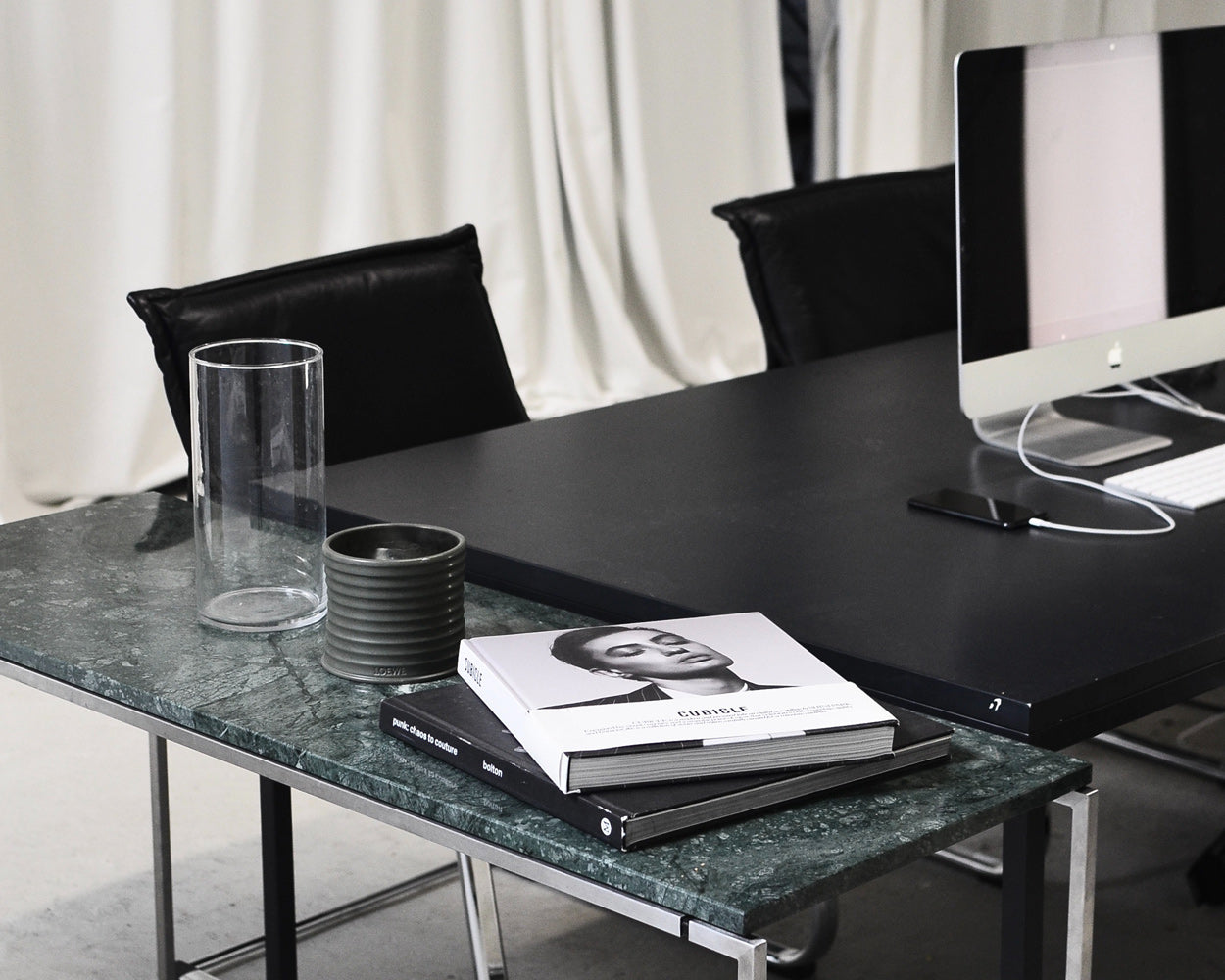Tear Up: Overcoming the Stigma of Crying In the Workplace
by Kinga Lewandowska
Have you ever felt embarrassed as soon as you shed a tear or two in public? Then you must also know the urge to immediately cover your emotions, switch them off, unfetter from their tight embrace as quickly as possible? Even though crying is a natural human reaction, it makes people uncomfortable.
Nowhere is this more evident than in a workplace. It’s where we want to feel competent, professional, capable, and ready to take on the world. In a traditional view, crying does not necessarily project this kind of strength. Despite the high levels of stress, anxiety, and pressure that accompany us in a typical work environment, crying remains a frowned-upon reaction.
It’s time we broadened our emotional horizons to reevaluate our understanding of tears.
(No)body Knows
If you’ve ever broken down under a heavy load on your shoulders, you know that sometimes, when the waterworks start, there is little you can do to stop it. However, you must have also felt the relief that usually comes afterwards. It’s like somebody took a few stones off your back, untied some of the knots in your chest, and even though the problem might still be there, as if by magic, you are able to face it again.
While research provides mixed results as to whether crying is a cathartic experience or not, the bottom line is – always listen to your body. Take time to understand your reasons and reactions. If letting out a good cry proves to be a mood-enhancing and self-soothing behavior in your case, don’t think twice. Otherwise, whatever made you upset will pile up and turn into a snowball rolling down the hill to a nervous breakdown. Crying is the quickest attempt to defuse the tension.
The Tough Gets Going
Quite reasonably, we tend to associate crying with babies, innocent creatures who need our protection from the dangerous world. Perhaps, that’s most of the reason why we perceive crying as weakness. Yet, we were all babies once, and we are, and forever will be, nothing more and nothing less than human. The quicker we learn to accept our nature, flaws and all, the more efficient we will become, especially in a workplace.
We get it, there are jobs and tasks that require stellar nerves and focus. After all, your masculine energy gets things done. Yet, the toughest people you know still cry (yes, that includes your boss, too). They might do it discreetly, maybe they care about maintaining their indestructible façade, but under the thickest skin there is still a beating heart. When the going gets tough, the tough gets going. They just wipe their tears when nobody’s watching.
The Art of Crying

Childhood traumas, existential crises, family issues, depression, languishing, health problems, heartbreak – we contain multitudes. Is this really a surprise that such emotional combinations bring us to our knees with mental exhaustion? And, more importantly, can we decide when that happens?
The shortest answer is: sort of. Sometimes chaos raises its head when we least expect it and takes us by surprise. If that occurs when you’re at work, the best way out is to make a visible effort to get your tears under control or find a quiet place to let them out to avoid disrupting the work of your colleagues. Most of them should have enough compassion to understand you might be going through a rough patch.
Then, evaluate if it’s not spilt milk you’re crying over. Sometimes, if we slip and fall out of the growth mindset and into victimhood, we might exaggerate our sorrows without even realizing. Analyze the why behind your cry. Monitor your emotional responses closely to catch the moment when your tears become something that would possibly require professional treatment. Never hesitate to ask for help.
However, next time you feel the impulse to cry growing in strength, try to dissolve the negative energy by either going for a short gratitude walk or direct it into problem-solving. Let your tears fuel your productivity and before you know it, somewhere in the state of flow, they might just dry out.
A Word to Employers
The importance of supporting mental health at work has been the core conversation in professional settings for quite a while now. Most recently, countries like Iceland implemented a successful trial of a four-day working week that, expectedly, raised the levels of happiness in employees through the roof.
Dear employers, in today’s rapidly changing world thinking outside the box is of vital importance more than ever before. It is in your hands to display compassion, create a safe space for employees to express their worries and concerns, and even allow rewriting the job descriptions on the level of an individual. The world is in need of a new definition for business as usual.
Open The Floodgates
Crying does not make you weak. It’s a signal and a message that needs to be taken seriously. If you are a sensitive person, try finding a supportive work environment that will help you grow without pushing you to change who you are. And if you see somebody else in pain, be a friend. You never know what’s going on in other people’s lives outside of work. The toughest of us sometimes trudge through blood, sweat, and… tears.









